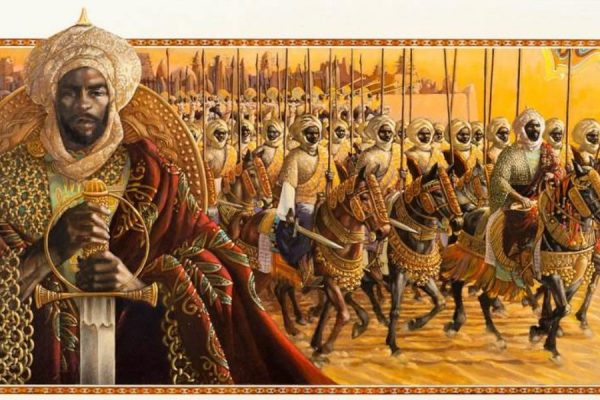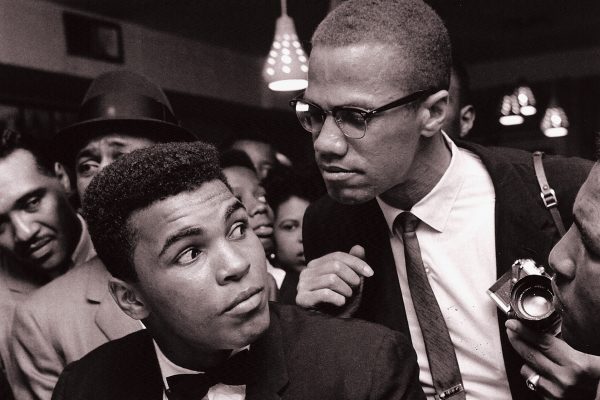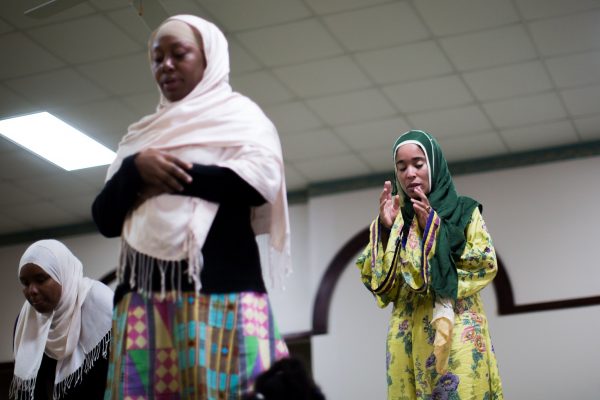Recently, a video emerged of Muslim preacher partaking in racist anti-black street preaching in Birmingham, on Eid day, saying, “brothers, we’re not black, let’s stop talking like we’re black”.
Recently, a video emerged of Muslim preacher partaking in racist anti-black street preaching in Birmingham, on Eid day, saying, “brothers, we’re not black, let’s stop talking like we’re black”.
Recently, a video emerged of Muslim preacher partaking in racist anti-black street preaching in Birmingham, on Eid day, saying, “brothers, we’re not black, let’s stop talking like we’re black”.
In light of this, we asked a selection of black Muslims how they thought the issue of anti-black racism in the Muslim community should be tackled. This is how they responded.
Saraiya Bah
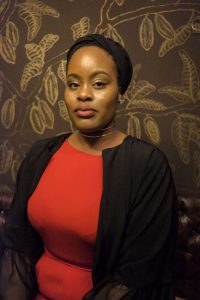
Saraiyah Bah is a spoken word poet, writer and co-producer of the ‘Black and Muslim in Britain’ project.
Saraiya told us, “The best way to combat anti-blackness is to learn and recognise brown privilege. Once you can figure out what your privilege entails of, you can then utilise it to dismantle racism within your own community. When you see that individuals who look like you are causing atrocities against a black Muslim, you have more leverage to speak out and challenge the systemic racism.”
She went on to warn against being “vocal about your criticisms of movements such as #Blackouteid, #BlackMuslimahExcellence or the ‘Black and Muslim in Britian’ web series, that were created to allow a safe space where black Muslims can live their best lives and not need to seek any validation; yet when true issues of abhorrent racism inflicted by the ‘One Ummah’ squad to their black brethren all you can hear is white noise.
Another thing you should not do is tell a black Muslim ‘I don’t see colour’ or ‘why is it always about race’. It’s dismissive, indicating you’re ignoring the aspect of that individual’s identity and that you don’t care about the real issues they face due to the race they belong to.”
She concluded by saying, “at the end of the day, Allah tells us in Surah Hujurat (49:13) that mankind is composed of peoples and tribes so we may know one another. And the most noble in His eyes is the most righteous. If you turn a blind eye to anti-blackness within the Ummah, how do you think that action will fair in the eyes of Allah?”
Ibrahim Sincere
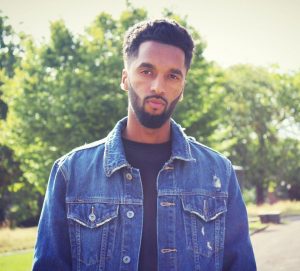
Ibrahim Sincere is a student and spoken word poet.
“People wrongly attribute ‘nur’, spirituality and beauty to fairness of skin. That is an idea that needs to be unlearnt. Secondly there is concern around culture and language – many people still believe dreadlocks etc are uncivilized, along with other forms of clothing/singing native to Black Muslims. Many Black Muslims are made to believe they need to discard these aspects of their culture and inherit Arab or Asian practices, as they are more Islamic. In London, many Arabs and Asians are from privileged backgrounds, and hence have concerning views around Blackness and its links to crime in the UK. If they could educate themselves on the psychology of the oppressed/exploited, they could re-evaluate their understanding of Blackness.”
He added that “proper understanding of Islamic/Prophetic history and the role of Black people therein is important. Most people only know Bilal. There are many figures such as Luqman, Saad Al Aswad, Ammar ibn Yasir and Abu Dhar al Ghafari.”
Sheikh Nuru Mohammad
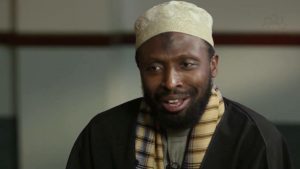
Sheikh Nuru is a Nigerian Islamic scholar, speaker, and researcher, based in the UK.
‘The best way is for the Muslims to be constantly reminded that racism has no room is Islam.”
He added “Responding to salaams, including that of black people, is a form of charity… Islamic teaching doesn’t discriminate when it comes to spreading peace, so neither should we.”
Sheikh Dawud Walid
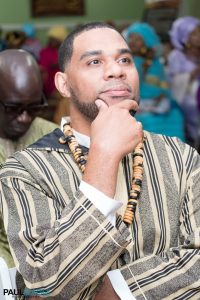
Sheikh Dawud Walid is a researcher, lecturer and writer on the Islamic faith and a racial justice proponent.
“Racism, in general, is a Satanic religion; it is not simply a socio-political problem but a spiritual malady informed by the devil’s attempt to take humans away from Al-Fitrah, their excellent primordial nature which is superior to all of other creation. It was Iblis who said “I am better than him [Adam], for You made me from fire but You made him from dirt.” (Surah al-A’raf, Ayah 12). Iblis is the first racist who thought that his being from the jinn race made him superior to the father of the human race.”
“The loathing of Blackness in particular is a false construct that has been whispered into the hearts of people by the devil himself which has then turned into oppression and the viewing of Blackness as ugly and inferior. Beware of practicing Satanic religion while cloaking yourselves in the outer rituals and garments of Islam.”
